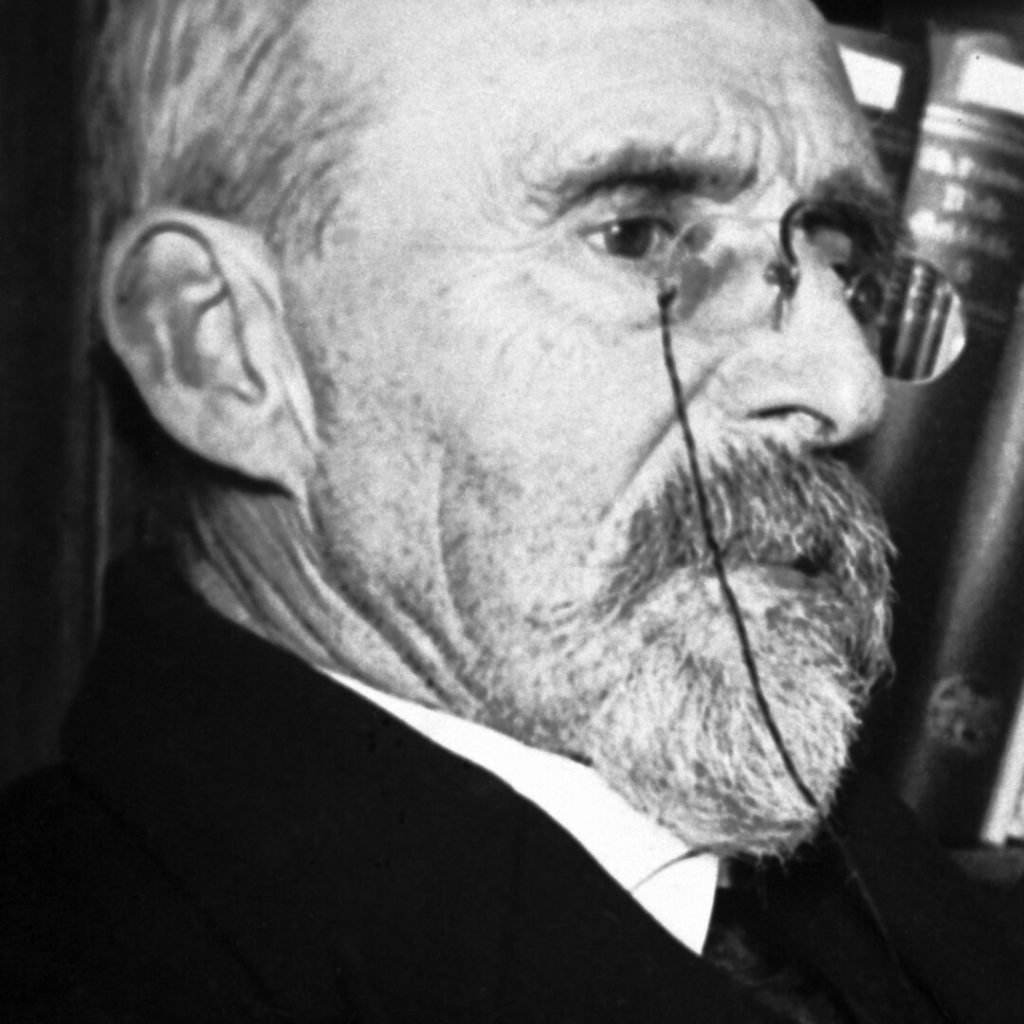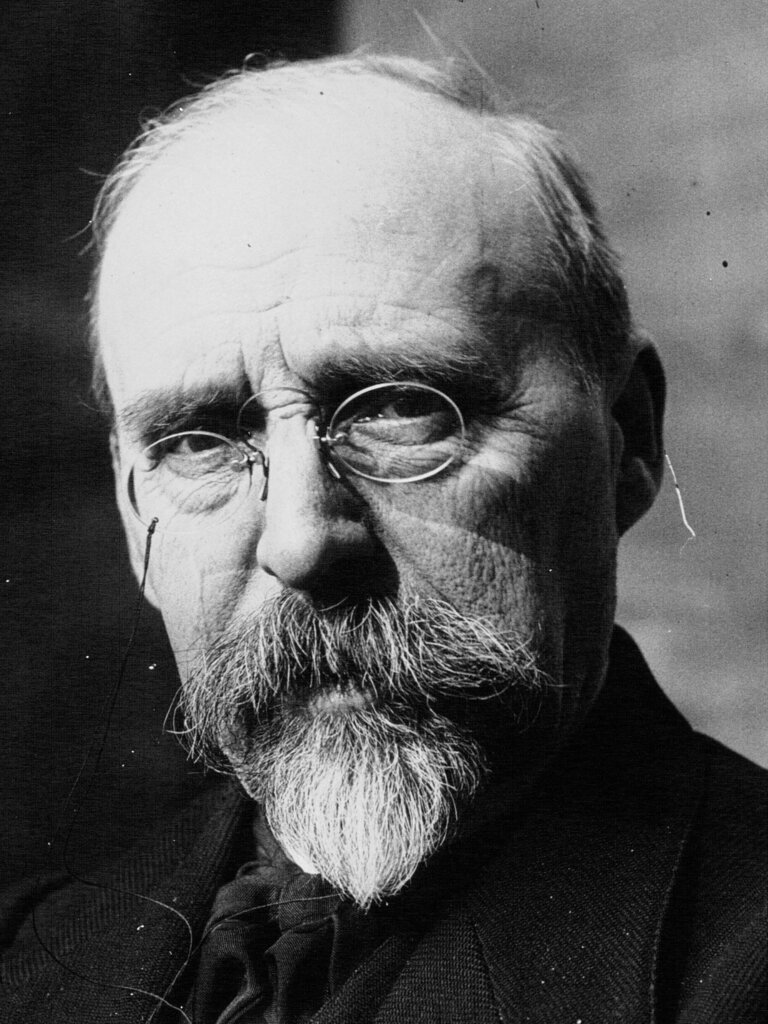Ferdinand Buisson
Speed read
Ferdinand Buisson was awarded the Nobel Peace Prize, jointly with Ludwig Quidde, for his efforts for Franco-German reconciliation.

Full name: Ferdinand Édouard Buisson
Born: 20 December 1841, Paris, France
Died: 16 February 1932, Thieuloy-Saint-Antoine, France
Date awarded: 10 December 1927
For human rights and German-French reconciliation
Ferdinand Buisson was a professor in the theory of education at the renowned Sorbonne in Paris. He both wrote and spoke out against the intense anti-Semitism in French society and helped to found the French League for the Defence of the Rights of Man and the Citizen in 1898. As a member of parliament, he promoted women’s suffrage and fought against extreme French nationalism. During WWI, Buisson regarded Germany as the aggressor, but he strongly opposed the harsh measures inflicted on the country after the war. Fearing that frustrated Germans would start a revanchist war, Buisson organised French-German reconciliation meetings. It is for these efforts he was selected as peace prize laureate, together with co-laureate Ludwig Quidde from Germany.
”Buisson and his friends have not confined themselves merely to talking about the disarmament of hatred; they have sought to make it a living fact.”
- Fredrik Stang, Presentation Speech, 10 December 1927.
The Nobel Committee on Buisson
When Buisson was nominated for the Nobel Peace Prize, he received the following recommendation from the Nobel Committee advisor: Buisson had “untiringly … spent his entire life fighting for the rights of oppressed individuals and peoples, and today he stands as one of the noblest figures in French politics, as the country’s enlightened conscience.” When Buisson accepted the prize in Oslo, the chairman of the Nobel Committee said that “he spoke for the disarming of hate because this must take place before nations could disarm.”

”What has impressed me most about Buisson is … that this aging man has plunged into the battle for that which he calls the triumph of right with such an inspiring degree of youthful enthusiasm and energy.”
- Jacob Worm-Müller, Adviser’s report, “Reports 1925”, page 17, The Norwegian Nobel Institute.
Learn more
Disclaimer: Every effort has been made by the publisher to credit organisations and individuals with regard to the supply of photographs. Please notify the publishers regarding corrections.
Nobel Prizes and laureates
See them all presented here.
